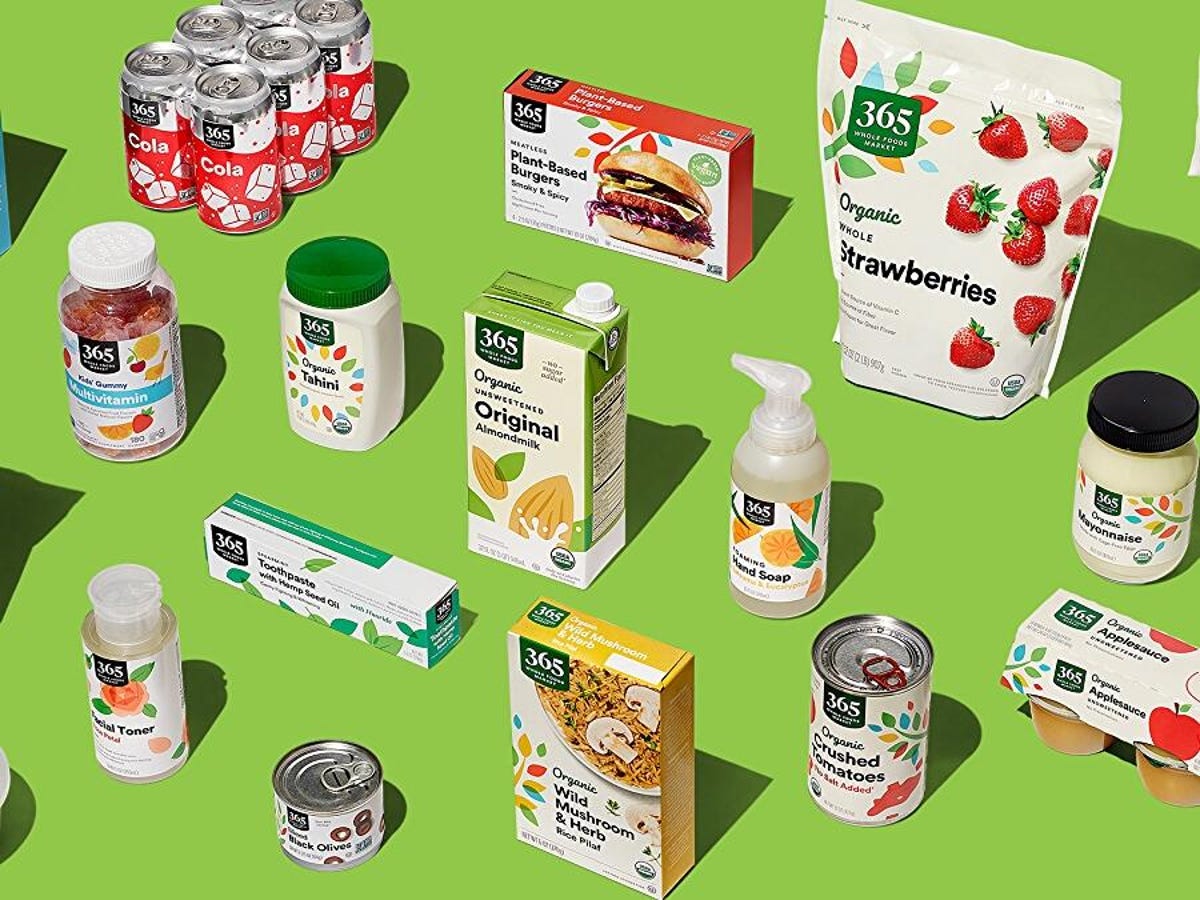There are plenty of good reasons to buy organic meats, produce and other groceries, but it also means spending more. The price difference between organic and nonorganic food was once great, but as organic farms expand operations and streamline farming practices, organic groceries have become far more affordable.

To find out exactly how much more organic groceries cost versus their nonorganic counterparts, I priced out a typical shopping list for both via two popular online grocers, FreshDirect and Amazon Fresh
For certain foods, organic proved significantly more expensive. But for others, buying organic wasn’t as big a jump in cost as you might think. And for some items, there was no difference at all.
In the end, organic groceries purchased from the same store were about 21% more expensive than nonorganic but only about 10% pricier if you exclude meat from the equation.
We previously did the math to see how much you can save buying store-brand groceries, if shopping for groceries online is cheaper than in-store and if buying meal kits saves you money over buying groceries. Here we break down how much more organic groceries cost than nonorganic.
FreshDirect: Nonorganic vs. organic
How I did the math
To get a more holistic view of organic costs, I looked at the prices for organic and nonorganic at both FreshDirect and Amazon Fresh — two popular online grocery services. I chose a selection of fruits, vegetables, meats, dairy products and snacks. For calculating the costs, I chose the cheapest option for both organic and nonorganic. In cases where the product size was unequal, I used a per-pound or per-ounce cost to ensure the comparison was as even as possible.
Some items, particularly at Amazon Fresh, were not available organic, so I omitted them. This is why you’ll notice the totals for FreshDirect are higher than those for Amazon Fresh.
Amazon Fresh: Nonorganic vs. organic
How much more expensive is organic food than nonorganic?
Shopping at FreshDirect, it’s about 22% more expensive to buy organic than nonorganic, but most of that difference comes from buying meat. If you were to remove meat from the equation, it would only be about 13% more expensive to choose organic foods. In fact, certain food categories, including bread and snacks and dairy and eggs, were nearly even in price.
Amazon Fresh shoppers can expect to pay about 21% more for choosing all organic groceries. Yet again, the biggest delta comes from the meat category. If you were to remove meat from the list, the difference would be about 8% to choose organic over nonorganic.
Read more: Chicken Labels Are Confusing. Here’s What They Do (and Don’t) Mean
What are the most expensive organic foods, comparatively?
The biggest jump in price for organic foods was for meat — by far. Some organic meats such as chicken breast were more than double the price when you picked organic over nonorganic. There was also a fairly significant cost bump for some organic pantry items versus nonorganic, particularly at FreshDirect.

Many of Amazon Fresh’s organic store-brand groceries were surprisingly similar in price to their nonorganic counterparts.
What’s the difference between organic and nonorganic food?
There is an ongoing discussion about the benefits of eating organic and the standards and regulations are often changing. That said, the USDA defines certified organic foods as ones that “are grown and processed according to federal guidelines addressing, among many factors, soil quality, animal raising practices, pest and weed control and use of additives. Organic producers rely on natural substances and physical, mechanical or biologically based farming methods to the fullest extent possible.”
Standards for growing organic produce, in the US as of 2020, include a set of cultural, biological and mechanical practices that support the cycling of on-farm resources, promoting ecological balance and conserving biodiversity. Studies have found that there are higher antioxidant levels in organically grown foods. There’s also evidence that organic food has lower toxic, heavy metal levels and less pesticide residue, with organic eggs, meat and dairy products containing more good-for-you omega-3 fatty acids.
